Emergency Roof Protections Guide
Emergency roof protections are critical during severe weather events such as storms, hurricanes, or heavy snowfall. Implementing these measures proactively can prevent extensive damage and costly repairs. The optimal time to consider emergency roof protections is before weather conditions deteriorate, typically during seasonal transitions or when weather forecasts predict severe conditions.
Preparing for storm season ensures roofs are fortified against high winds and heavy rain, reducing the risk of leaks and structural damage.
Implementing protections before hurricanes can minimize water intrusion and wind damage, safeguarding property integrity.
Applying emergency protections before winter storms can prevent snow accumulation and ice dams, which may cause roof collapse.
Conducting inspections after storms helps identify vulnerabilities and allows timely reinforcement to prevent further damage.
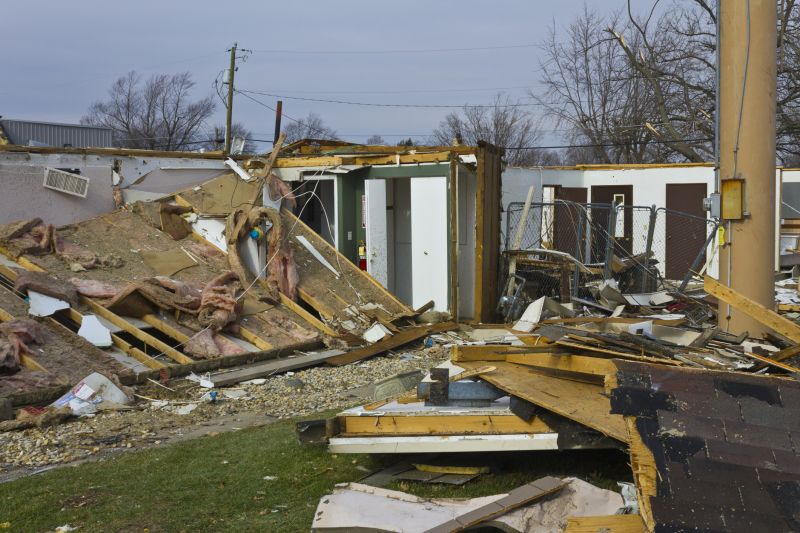
Image depicting reinforced roofing during a storm.
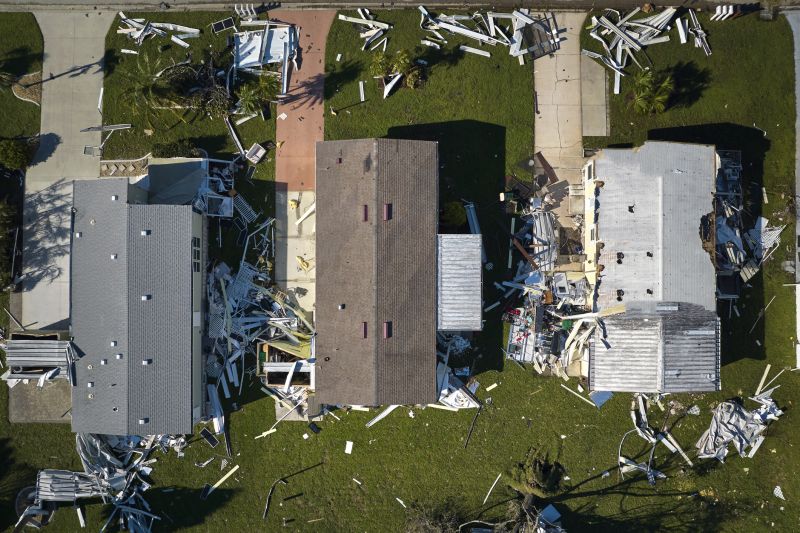
Image showing protective coverings on a roof before hurricane impact.

Image illustrating snow guards and insulation measures on a roof.
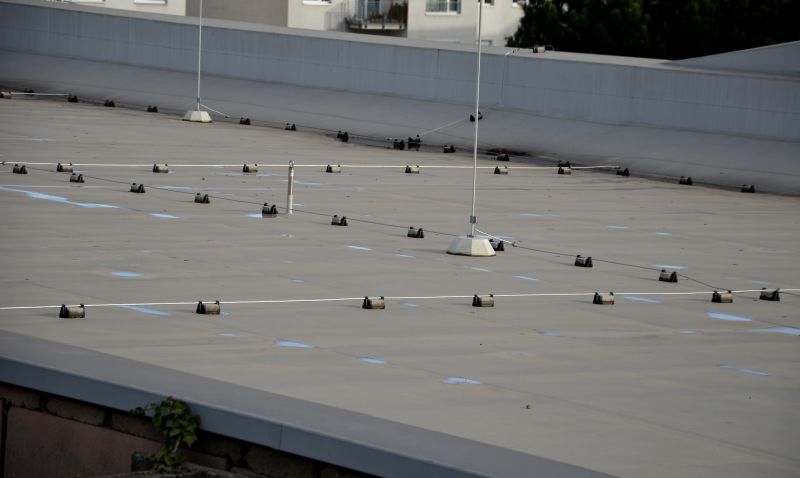
Ways to make Emergency Roof Protections work in tight or awkward layouts.
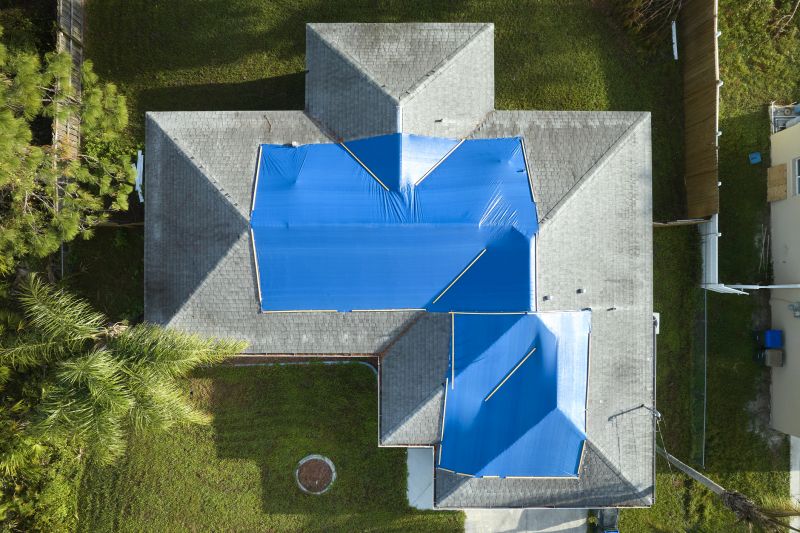
Popular materials for Emergency Roof Protections and why they hold up over time.

Simple add-ons that improve Emergency Roof Protections without blowing the budget.
| Season or Event | Recommended Action |
|---|---|
| Spring Transition | Inspect and reinforce roofs before storm season |
| Summer | Monitor weather forecasts and prepare for hurricanes |
| Fall | Conduct pre-winter inspections and protections |
| Winter Storms | Apply emergency protections during forecasted severe weather |
| Post-Storm | Assess damage and reinforce vulnerable areas |
Emergency roof protections are essential for minimizing damage and maintaining structural integrity during adverse weather conditions. These measures include installing temporary coverings, reinforcing vulnerable areas, and conducting pre-event inspections. Proper timing of these actions can significantly reduce repair costs and prevent safety hazards. Statistics indicate that proactive protections can decrease storm-related roof damage by up to 70%, emphasizing the importance of timely intervention.
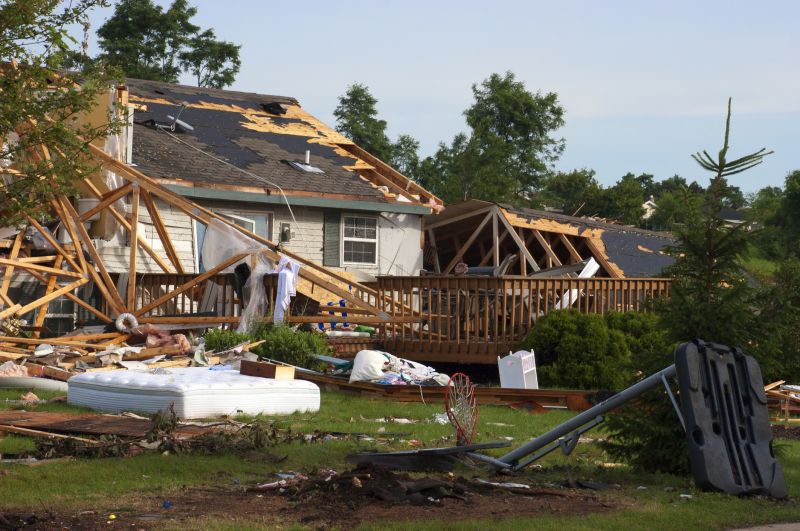
Image of reinforced roof structures during severe weather.
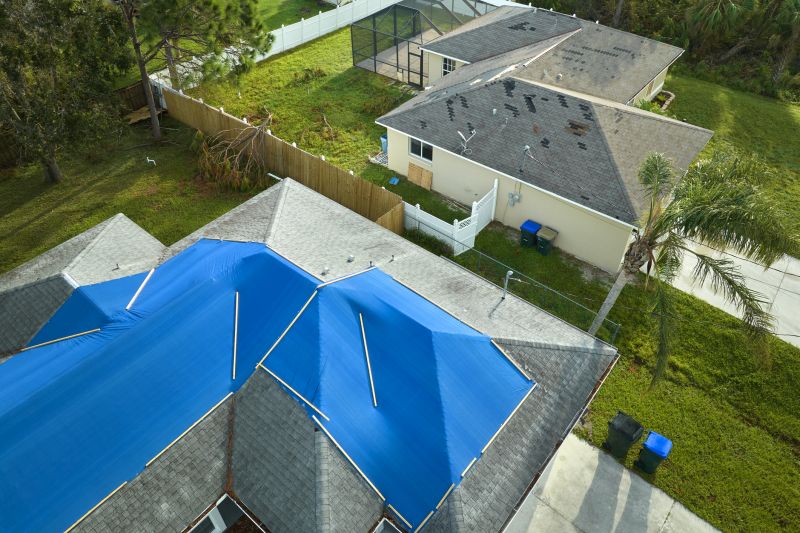
Image showing temporary tarps on a roof.

Image of snow guards installed on a roof.
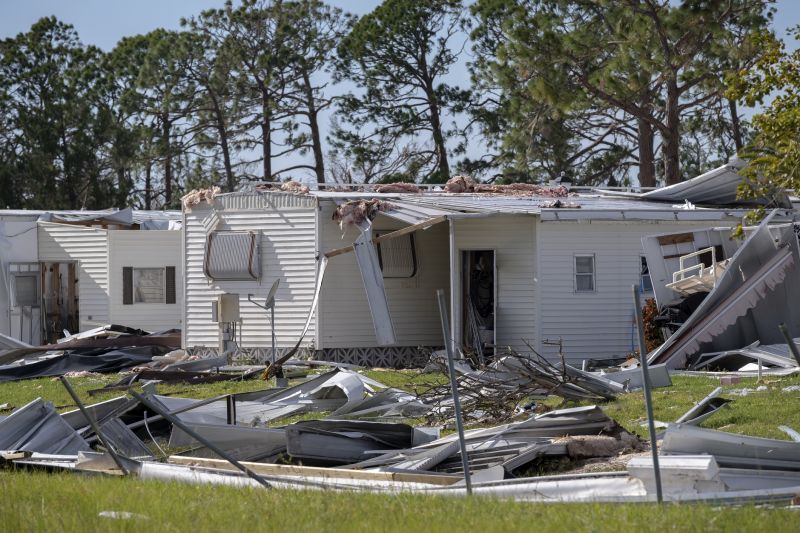
Image of a technician inspecting a roof after a storm.
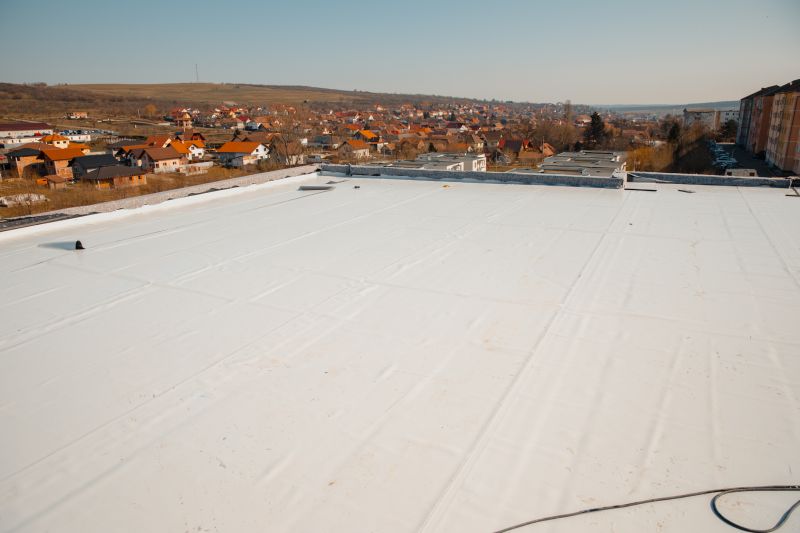
High-end options that actually feel worth it for Emergency Roof Protections.
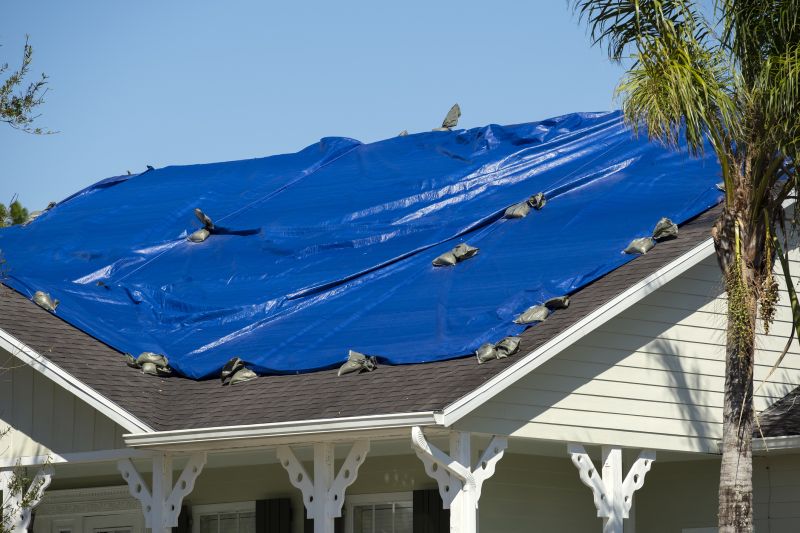
Finishes and colors that play nicely with Emergency Roof Protections.
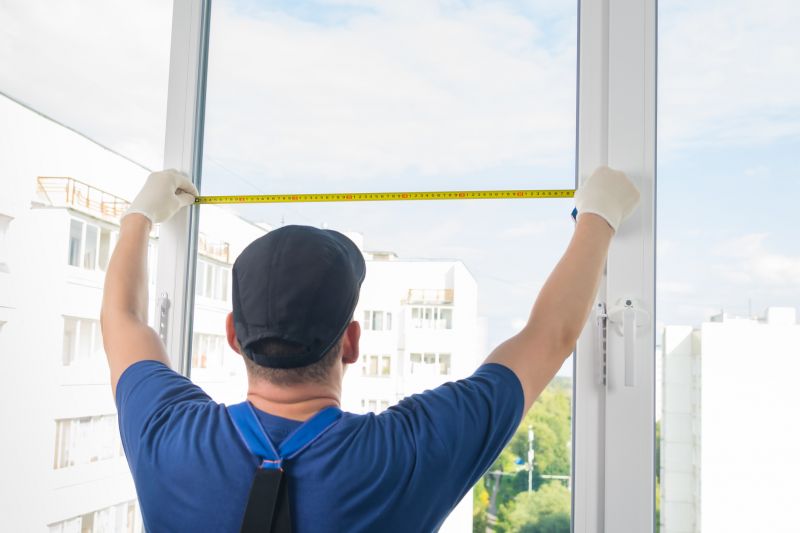
Little measurements that prevent headaches on Emergency Roof Protections day.
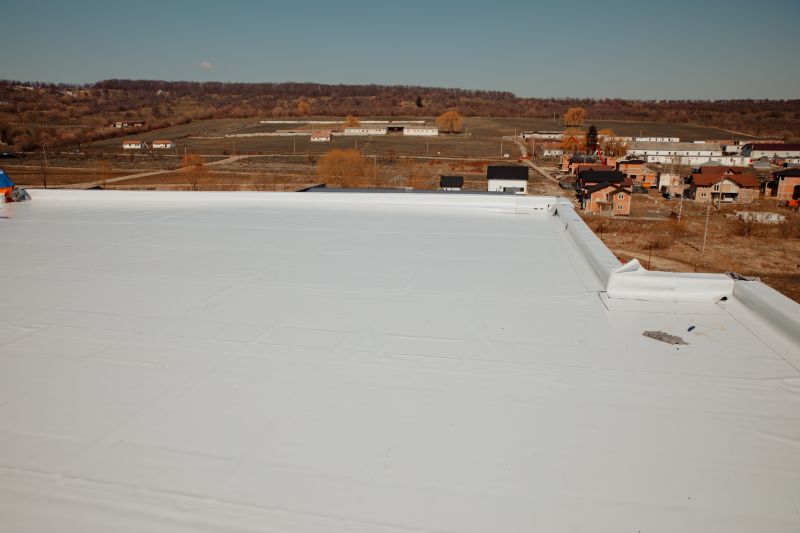
A 60-second routine that keeps Emergency Roof Protections looking new.
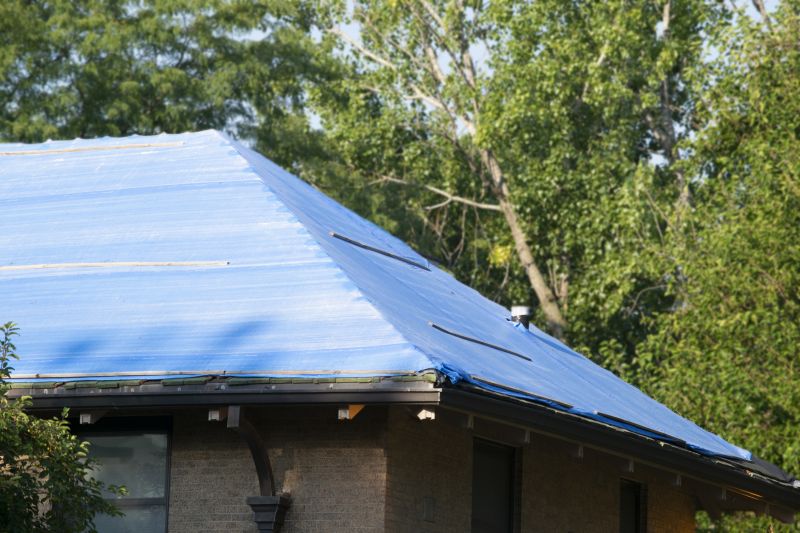
A frequent mistake in Emergency Roof Protections and how to dodge it.
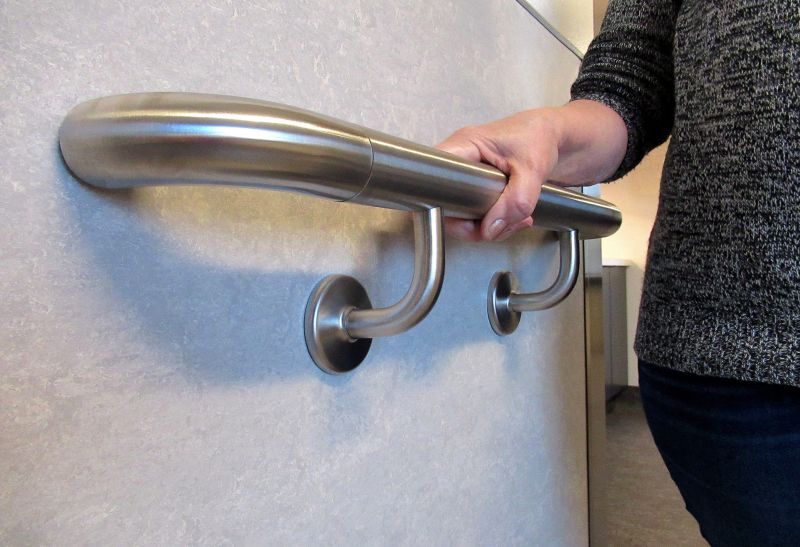
Small tweaks to make Emergency Roof Protections safer and easier to use.
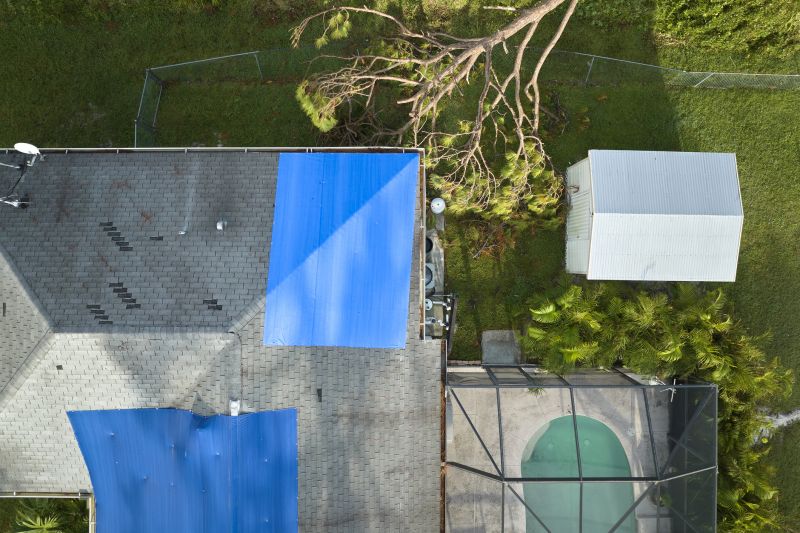
Lower-waste or water-saving choices for Emergency Roof Protections.
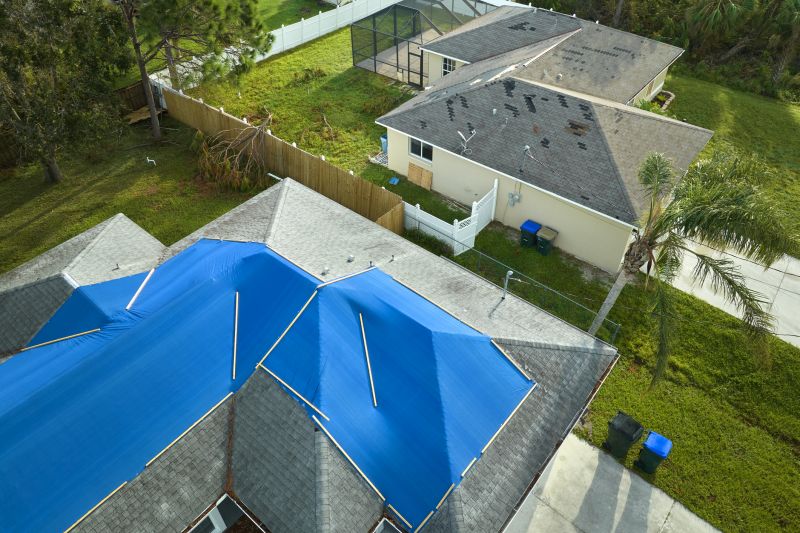
The short, realistic tool list for quality Emergency Roof Protections.
For those interested in safeguarding their property against severe weather impacts, filling out the contact form provides an opportunity to discuss tailored emergency roof protection solutions. Timely action can help prevent extensive damage and ensure safety during unpredictable weather events.
